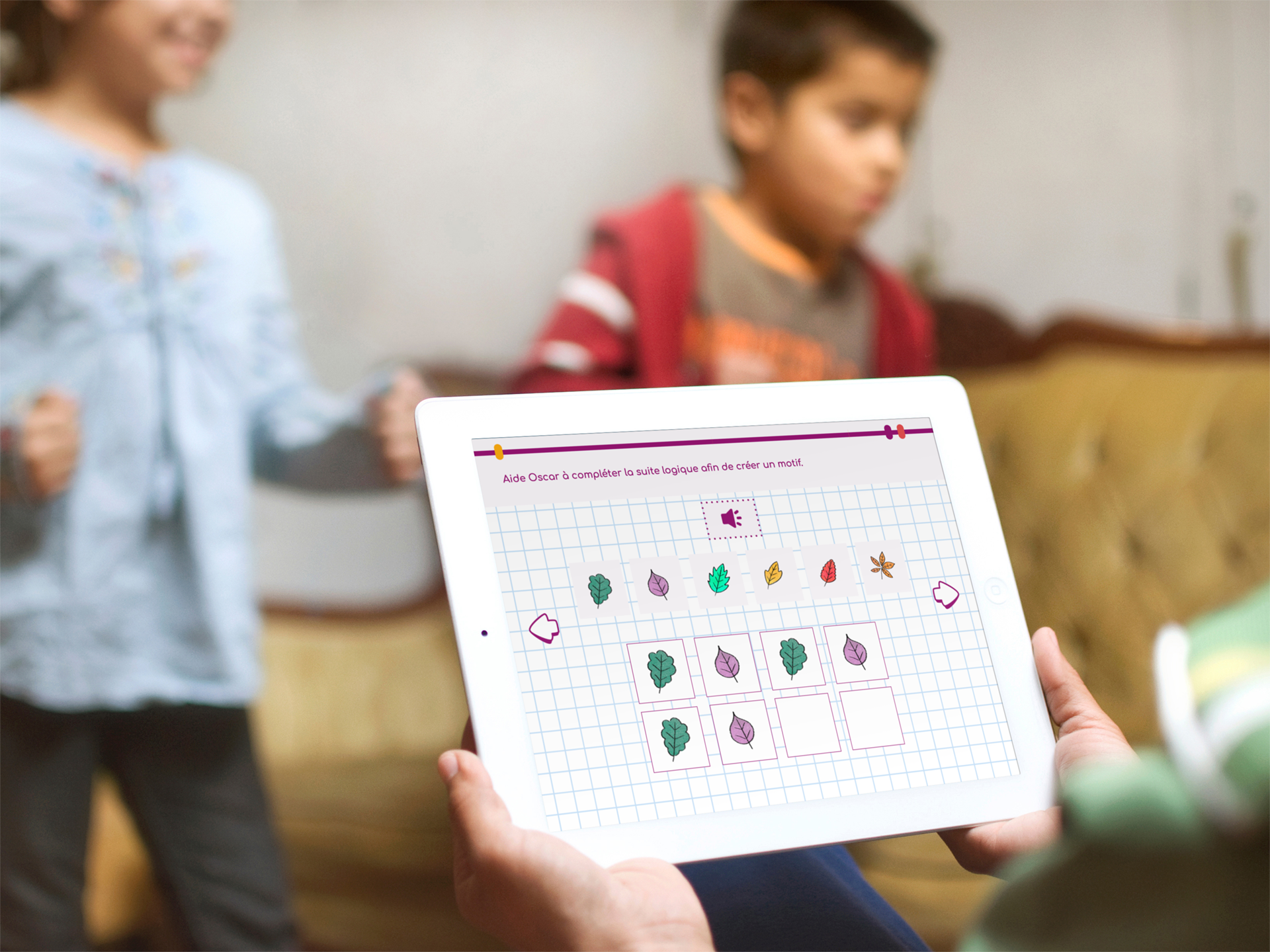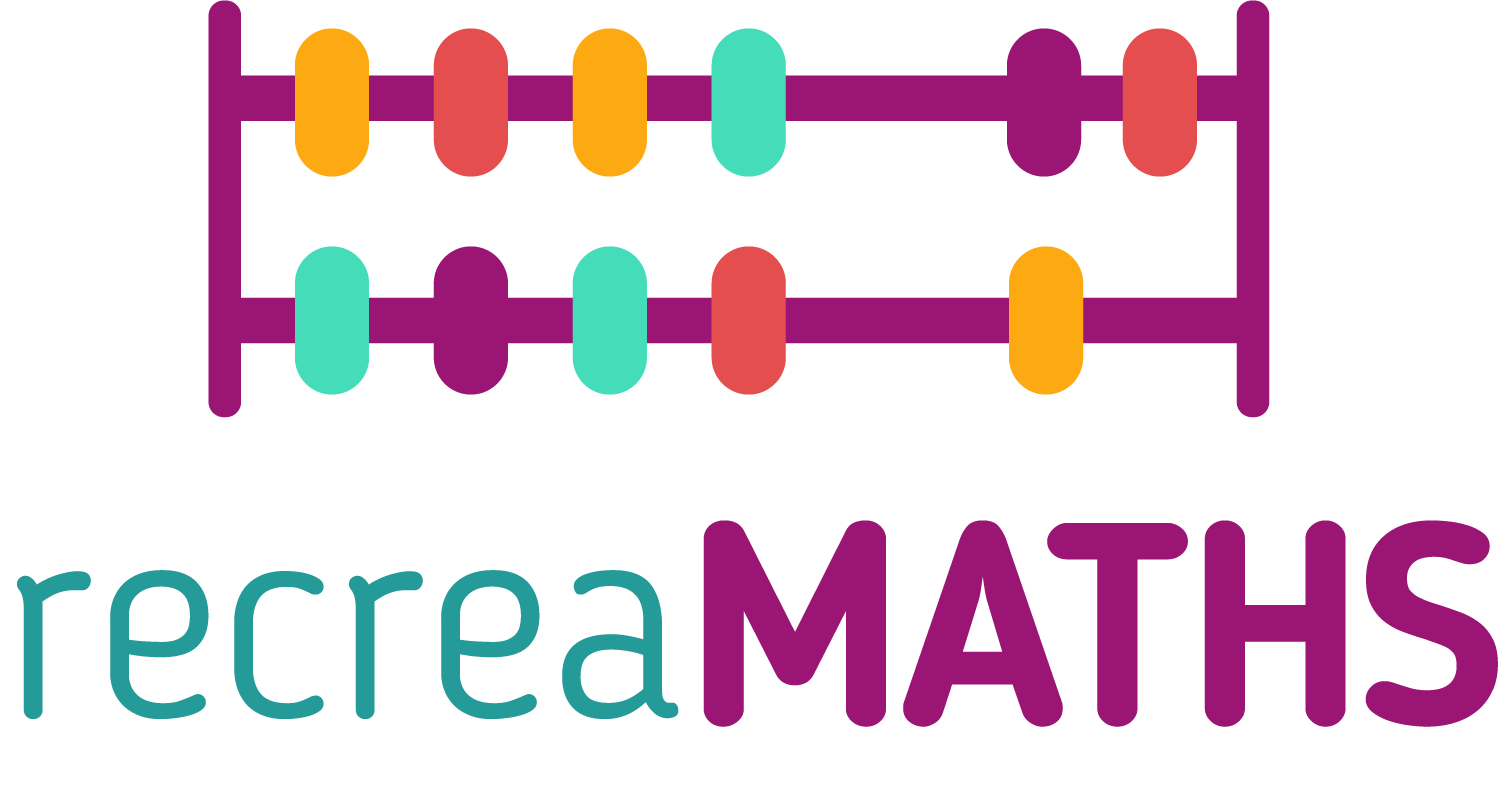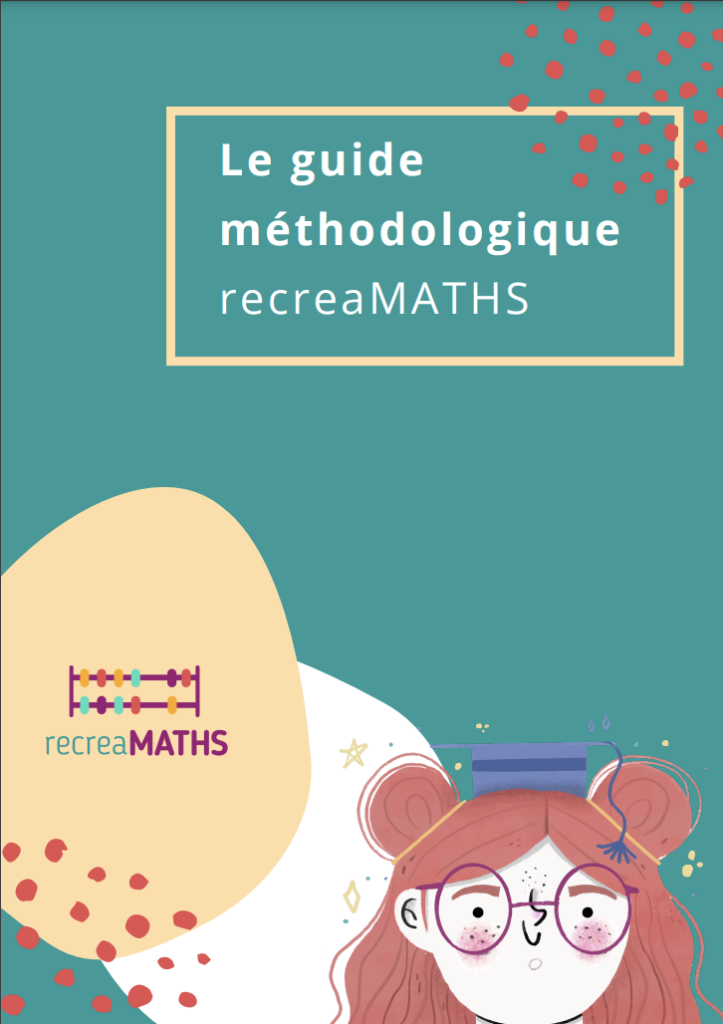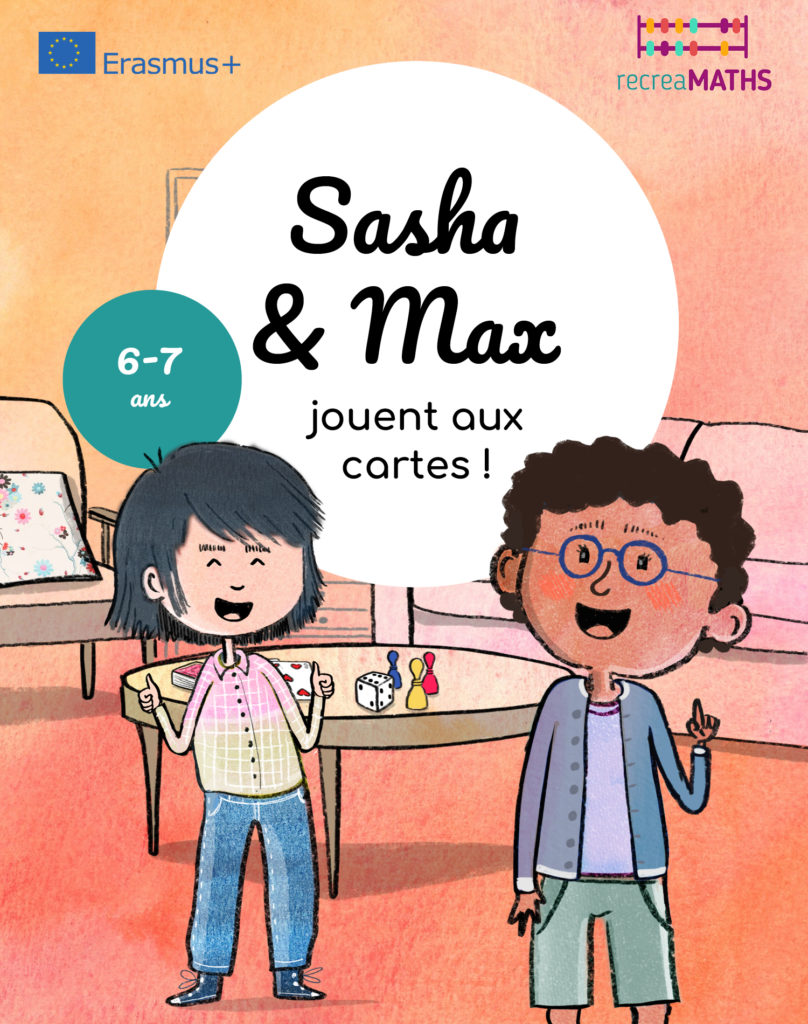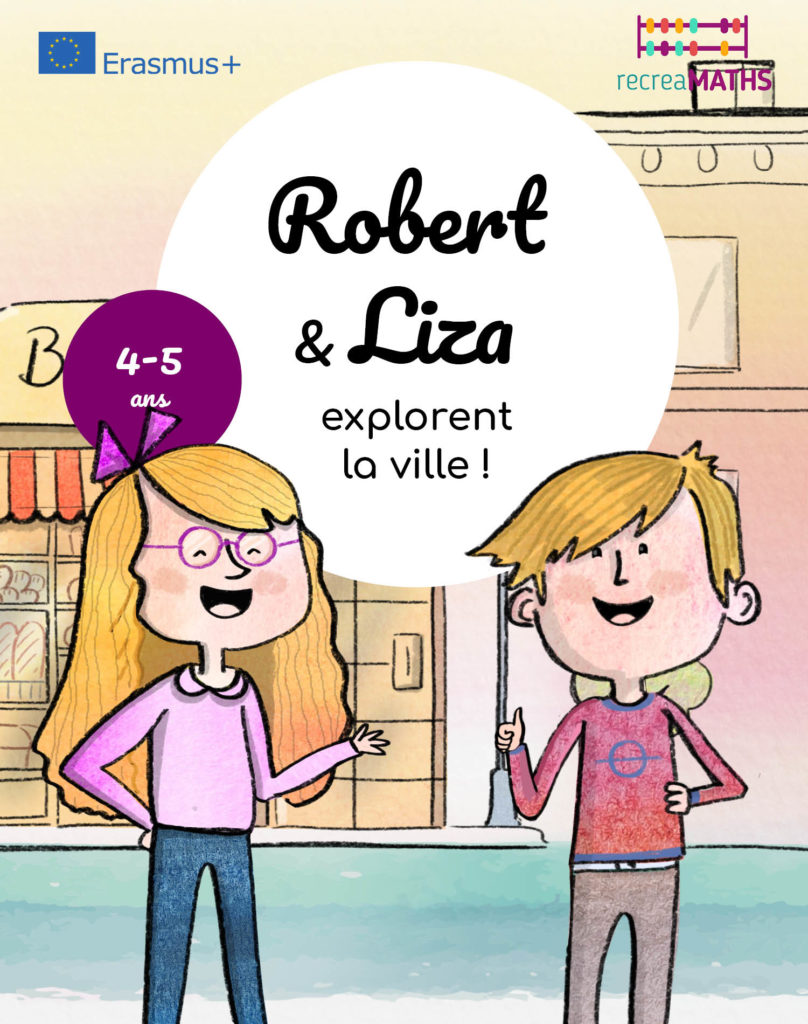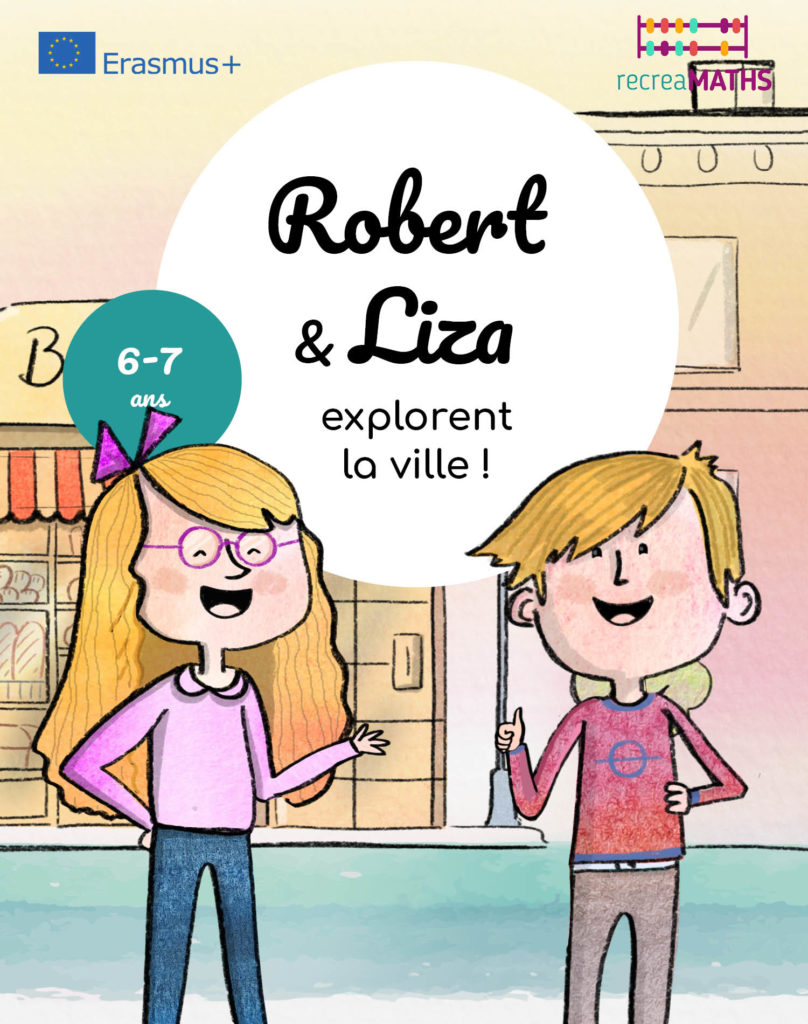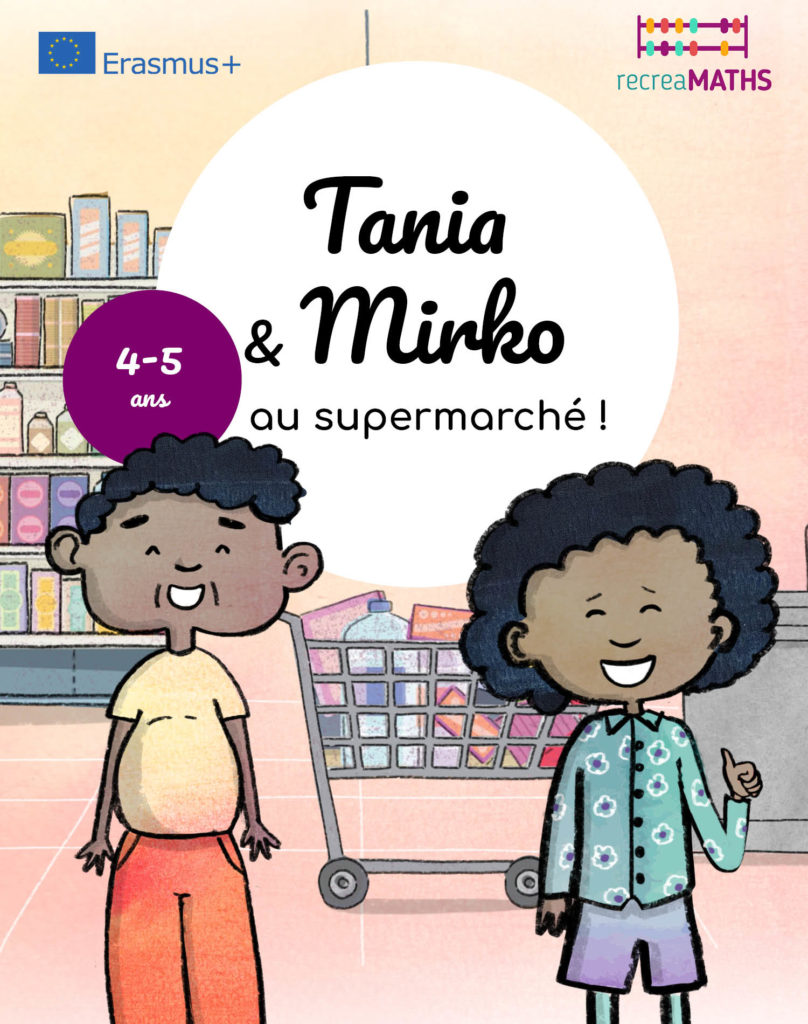The project
Récréamaths proposes another approach to mathematics, based on language skills, games and a transdisciplinary vision, and this from kindergarten. Mathematics is everywhere, in everyday life, in culture, in nature, in the arts, in cooking… And mathematical reasoning is also called upon daily. We do math all the time, without realizing it! Not liking mathematics is like saying you don’t like French when you practice it every day…
Récréamaths offers a whole range of educational resources and methods to propose a non-formal teaching of mathematics, from kindergarten (ebooks, mathematical exhibitions, posters, 3D objects…).
These resources focus more on the understanding of mathematical language than on the formal learning of computation and numbering skills.
Context
Mathematics is the subject of a major decline in interest in the European Union. The acquired skills of students are also insufficient in most European countries. However, mathematics is the foundation of a large number of professions that are indispensable to modern society and are also among the best paid.
And this drop in level is particularly felt by the most disadvantaged groups, students with learning disabilities, and girls. Gaps are widening among students where the most advantaged students, who therefore do best in formally taught science subjects, will have more advantageous careers.
Objectives
- Familiarize children from an early age with the language of mathematics through storytelling and play
- Educate teachers on the use of cutting-edge digital tools such as 3D printing to create custom-made objects to help materialize mathematical concepts.
- Deploy inclusive methods, adapted to students with special needs, to prevent them from dropping out of science subjects at an early age
Activities
We want to develop new ways of teaching mathematics and allow teachers to create their own mathematics ebooks.
- A twenty-hour training course on 3D modeling for the creation of interactive math exhibits/tools/games in each partner country with the participation of at least 10 kindergarten teachers/STEM educators and education providers.
- After being printed, the hands-on exhibits will be presented to national preschool students in each country. An estimated 200 students and 25 kindergarten teachers from all partner countries will participate in the national workshop.
Targets
- Children from 5 to 7 years old
- Teachers and chaperones
Resources
A methodological guide
Five interactive stories
Sasha and Max play cards
Sasha and Max play cards together. Sasha gets upset because he can’t distinguish the shapes of the families on the cards. Max teaches him to recognize them with the help of geometric shapes.
Robert and Liza explore the city!
Robert does not know how to go to the bakery. His sister Liza accompanies him on his adventure. She teaches him how to find his way back using mathematics and distance calculations.
Tania et Mirko go grocery shopping!
Tania and Mirko go shopping for the first time. They need to learn how to measure and weigh each food item their mother asks them to buy. This is their first time using math in everyday life and they need your help to do it!
Bill and Emma visit the math museum!
A famous mathematician accompanies Bill and Emma to the math museum and shows them all the secrets of geometric shapes… But they need your help to pass the mathematician’s tests!

